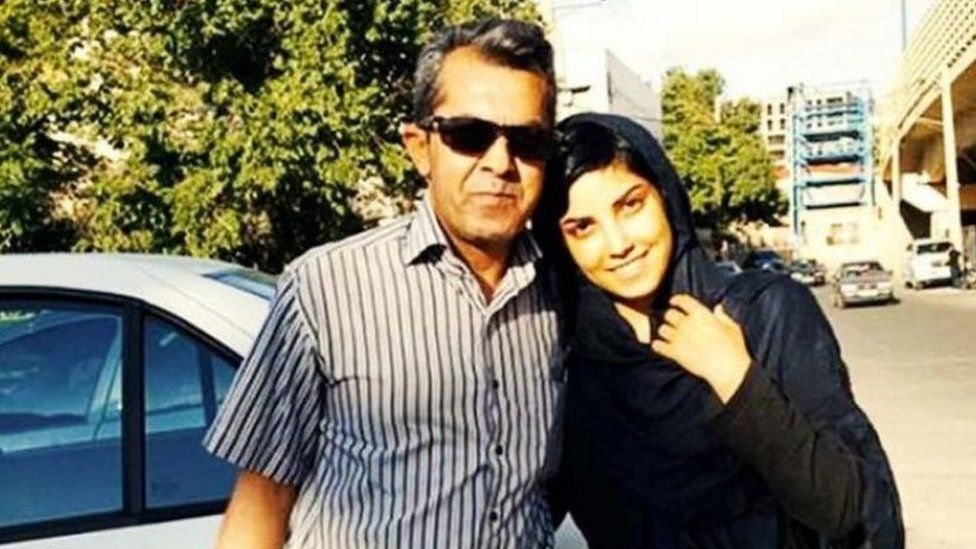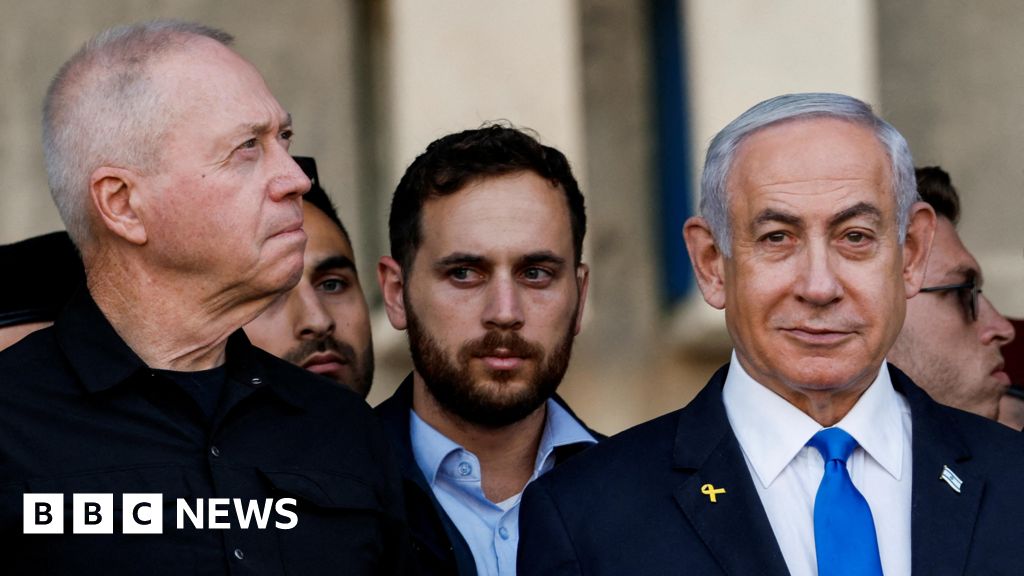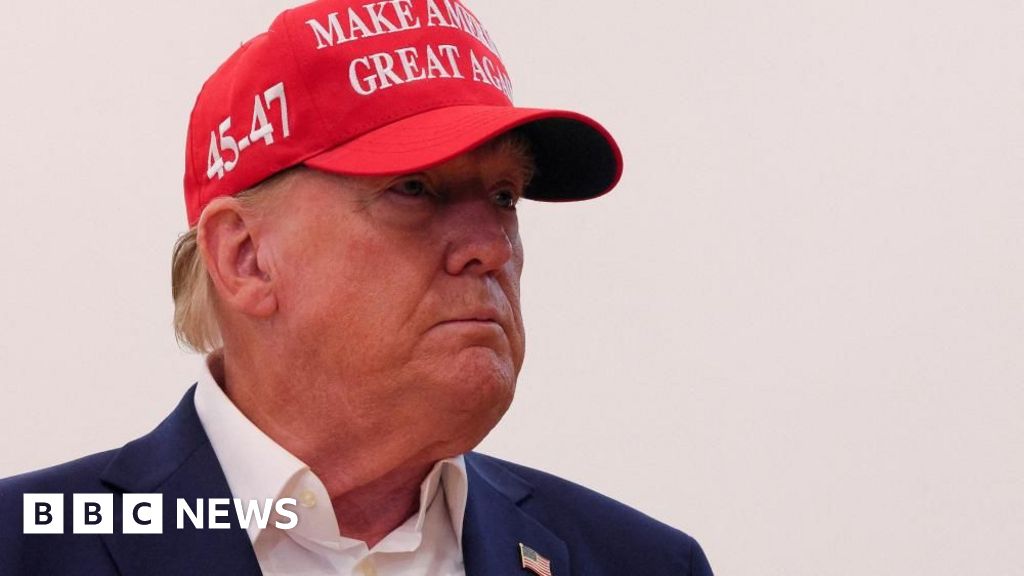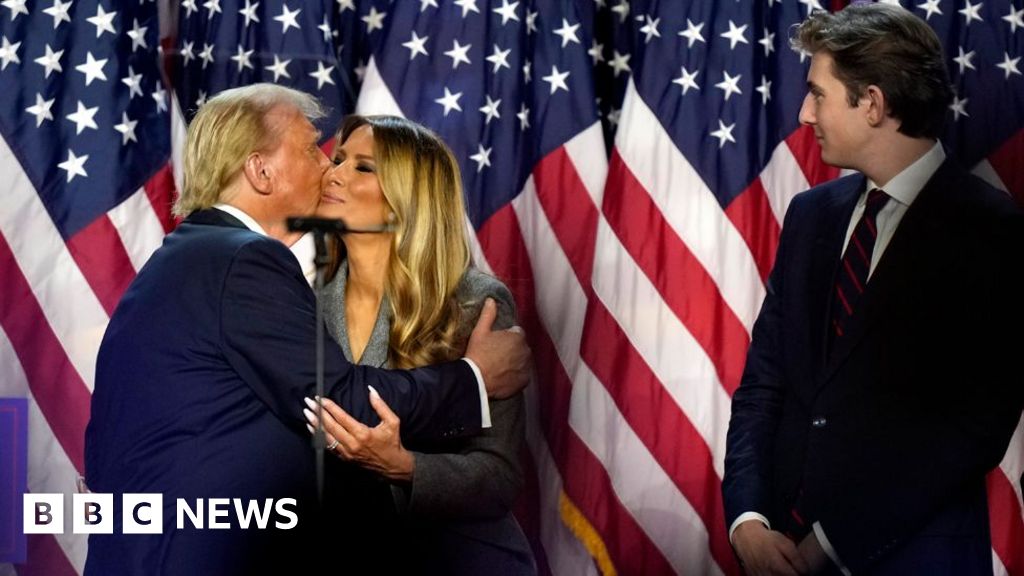ARTICLE AD BOX
 Image source, Shima Babaei
Image source, Shima Babaei
Shima Babaei has not heard from her father Ebrahim since he tried to cross Iran's border with Turkey
In December 2021, after two years in hiding, Ebrahim Babaei decided to escape Iran.
The 57-year-old former political prisoner and opponent of the Islamic regime found a group of smugglers who promised to take him across the north-western border with Turkey.
Ebrahim kept in constant contact with his daughter Shima, a women's rights activist who lives in exile in Belgium, via his mobile phone until the group he was travelling with arrived at a village near the frontier.
"Dad was very nervous and speaking quietly. They were around 25 people and kept in a barn. He promised to call me once it was clear that they had crossed the border," Shima says.
But she never heard from her father again.
And neither did the friends who she had asked to greet her father upon arrival in the eastern Turkish city of Van that day and to pay the smugglers the rest of the money that they were owed.
The smugglers initially told Shima that he had died in the home of one of the smugglers near Van and that his body was in the custody of Turkish police.
But a few days later, a smuggler called and claimed that Mr Babaei had suffered a heart attack and died in the Turkish border village of Ozalp, where they said he had been buried.
"I was shocked. I couldn't talk for a while," Shima recalls. "Then I just screamed and shouted: 'Dad where are you?'"
Turkish police and border guards, as well as officials at hospitals, mortuaries, councils in Van and Ozalp told a lawyer for Shima's family that they had not received a body matching Ebrahim's description and that they believed he had not crossed the border.
The family also reported Ebrahim to authorities in Iran as a missing person. But the police and judiciary closed their cases without carrying out investigations.
Shima has been campaigning to get Iranian authorities to explain what happen to Ebrahim
Almost a year ago, BBC Persian began investigating Ebrahim's disappearance and found no evidence that he had crossed the Turkish border, died or been buried in Ozalp.
After watching our interview with Shima last June, an Iranian asylum seeker living in Switzerland got in contact and said he had been with Ebrahim on the day that he disappeared.
The man in his 20s, whose name is being withheld to protect his identity, said he had been in the 25-strong group of Iranian and Afghan migrants seeking to cross from Iran into Turkey on 21 December 2021.
He revealed that Iranian security forces had arrested them before they made it to the border.
"When I saw Mr Babaei's daughter interviewed on the BBC, I was surprised to hear her father had disappeared," he said.
"How could he have disappeared? The security forces arrested all of us. Mr Babaei was taken away by intelligence agents in plain clothes and an unmarked vehicle."
He added: "Mr Babaei was very nervous. He couldn't even sit down. He claimed he was an Afghan, but the police knew who he was. The police separated the Iranian nationals and handed us over to the Revolutionary Court in the town of Maku."
We checked the man's account with our contacts in Maku and the names of the police chief, prosecutor and the judge tallied with those he gave us.
Other witnesses also confirmed that Iranian security forces had arrested a group of Afghan migrants around the time that Mr Babaei disappeared.
One of the smugglers, who did not want to be identified, told the BBC that most of his fellow smugglers collaborated with Iranian intelligence agents.
He said they regularly handed Iranian dissidents over to authorities and that in return the intelligence agents would turn a blind eye to their smuggling of drugs and trafficking of Afghans into Turkey.
Ebrahim was an Iranian military veteran who fought during the war with Iraq in the 1980s. But he was dealt with harshly once he turned against the regime, as the Islamic Republic has done with most former supporters.
Amnesty International says Ebrahim's political activism meant that he was "subjected to years of arbitrary arrest and detention, unfair trial, and torture and other ill-treatment".
Image source, Shima Babaei
Image caption,Shima says she told French President Emmanuel Macron to take action against Iran's leaders
Since her father disappeared, Shima has been campaigning to get Iranian authorities to explain what happened to him.
A few months ago, she and several other female Iranian activists met France's President Emmanuel Macron in Paris.
"I told President Macron that every minute the West tolerated the Islamic Republic of Iran, a family like mine suffers. You are responsible for these crimes committed in Iran. The West must deal with Iranian leaders the way you have been dealing with [Russian President Vladimir] Putin."
Ebrahim is one of the hundreds of Iranian dissidents and human rights activists who have been arrested, kidnapped and disappeared over the past four decades.
It is feared that they have been killed in custody under torture and buried secretly. But most of the victims' families still hope that their loved ones one day might come home.
"I don't know where my dad is, what he eats, what he wears. I'm very sad for his isolation. I'm tired of this situation, but still I have hope that I might get positive news about him," Shima says.

 1 year ago
29
1 year ago
29








 English (US)
English (US)